12 Gut-Healing Foods to Add to Your Diet After Taking Antibiotics
The human gut is a complex ecosystem that plays a crucial role in overall health. After a course of antibiotics, this delicate balance can be disrupted, leading to a cascade of digestive issues and weakened immunity. Antibiotics, while essential for combating bacterial infections, do not discriminate between harmful and beneficial bacteria. This often results in the depletion of good bacteria that are vital for digestion and nutrient absorption. The aftermath can be a gut that is vulnerable and in need of restoration. This article explores how dietary choices can be a powerful tool in rebuilding gut health. By incorporating specific gut-healing foods, you can promote the growth of beneficial bacteria, enhance digestive health, and restore inner harmony. This guide will delve into 12 specific foods known for their gut-healing properties, offering insights into how they can transform your diet and support your journey back to optimal health.
1. The Role of Probiotics in Gut Health
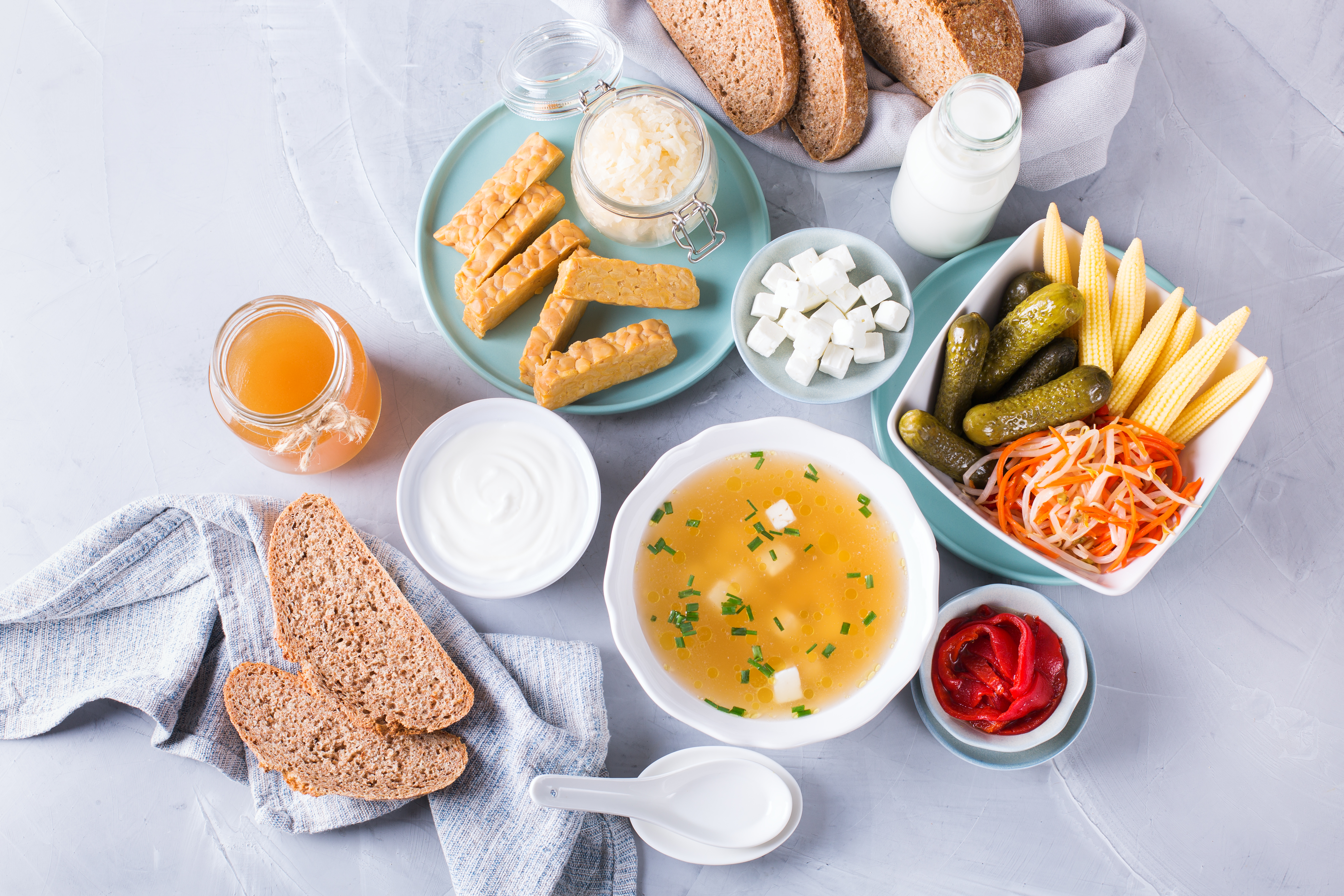
Probiotics are live microorganisms that provide numerous health benefits when consumed in adequate amounts. They are often referred to as "good" or "friendly" bacteria because they help keep your gut healthy. After antibiotics, the levels of these beneficial bacteria can be significantly reduced. Consuming probiotic-rich foods like yogurt, kefir, and sauerkraut can help replenish these vital bacteria. Yogurt, for example, contains strains of Lactobacillus and Bifidobacterium, which are known to improve digestion and boost immunity. Kefir, a fermented milk drink, contains even more diverse strains of probiotics, making it a potent choice for gut health. Sauerkraut, a fermented cabbage dish, is another excellent source of probiotics, and its high fiber content also aids digestion. Including these foods in your diet can help restore the balance of bacteria in your gut, improve digestion, and enhance overall health.
2. Prebiotics: The Unsung Heroes of Gut Restoration
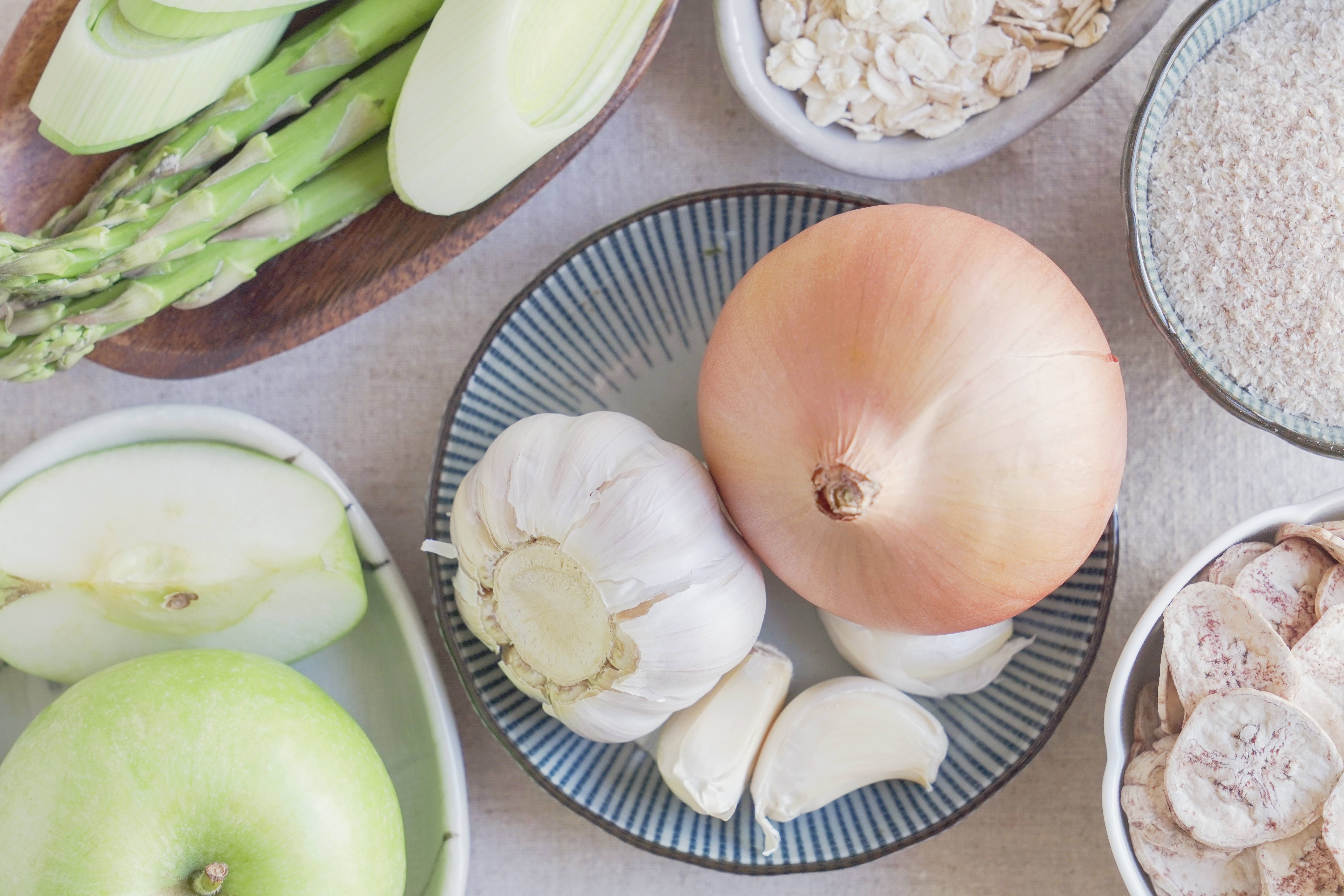
While probiotics are essential for gut health, prebiotics are equally important. Prebiotics are non-digestible fibers that feed the beneficial bacteria in your gut, helping them to grow and thrive. Foods rich in prebiotics include garlic, onions, leeks, asparagus, and bananas. These foods contain inulin and other types of fiber that promote the growth of probiotics. For instance, garlic and onions are rich in inulin, a type of soluble fiber that acts as a prebiotic. Asparagus and leeks also contain high levels of inulin, making them excellent choices for supporting gut health. Bananas, particularly when slightly green, are rich in resistant starch, another type of prebiotic fiber. By including prebiotic-rich foods in your diet, you can support the growth of beneficial bacteria, improve digestion, and enhance your overall gut health.
3. Fermented Foods: Nature’s Digestive Elixirs
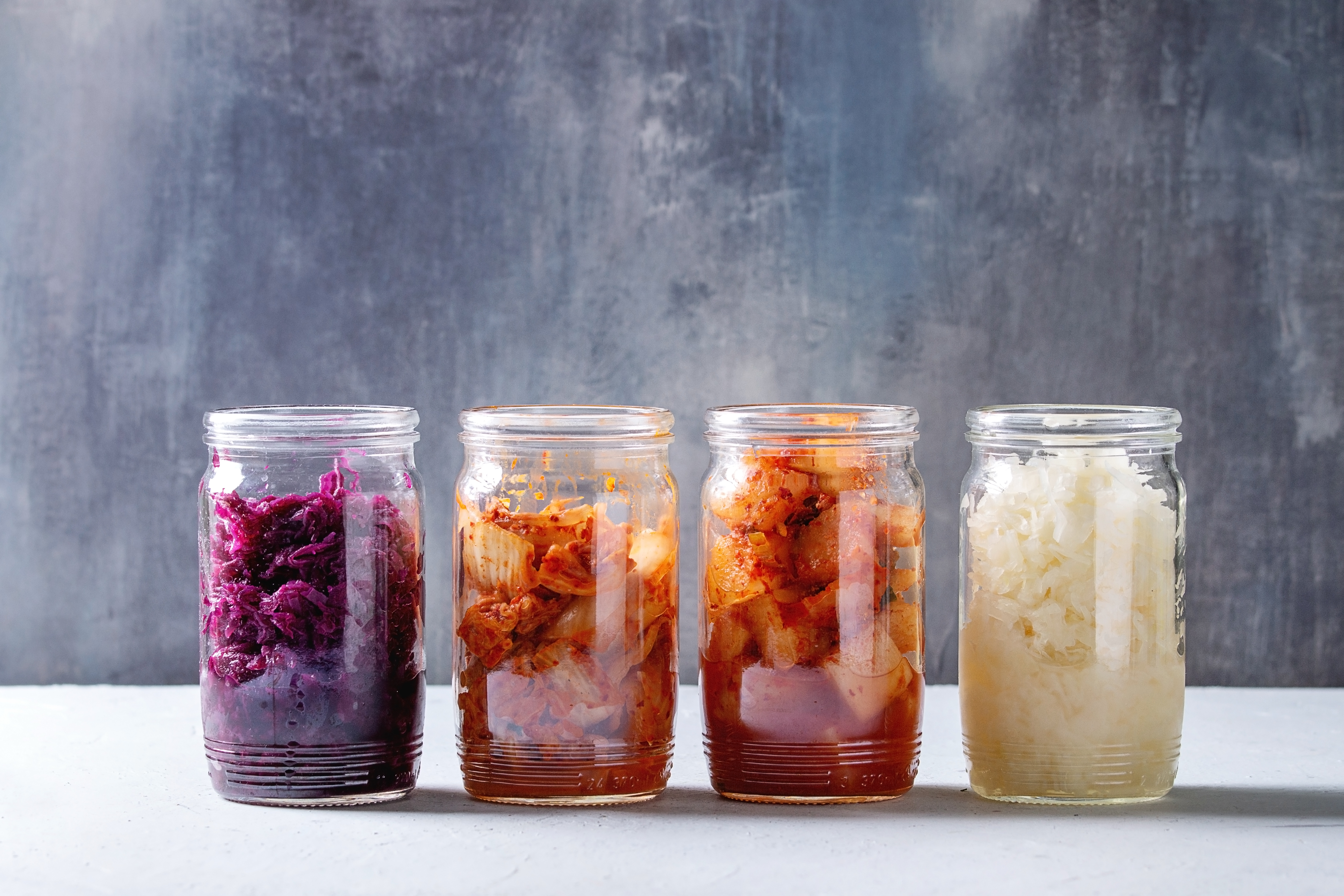
Fermented foods are a powerhouse when it comes to gut health. The fermentation process not only enhances the nutritional value of foods but also increases the availability of probiotics. Foods like kimchi, miso, and tempeh are excellent sources of probiotics and offer a variety of flavors and textures to your diet. Kimchi, a traditional Korean dish made from fermented vegetables, is rich in Lactobacillus bacteria, which can improve gut health and boost immunity. Miso, a fermented soybean paste, is another great source of probiotics and is often used in soups and sauces. Tempeh, a fermented soybean product, is not only a good source of probiotics but also a rich source of plant-based protein. Incorporating a variety of fermented foods into your diet can help diversify the bacteria in your gut, improve digestion, and support overall health.
4. Bone Broth: The Healing Elixir for the Gut
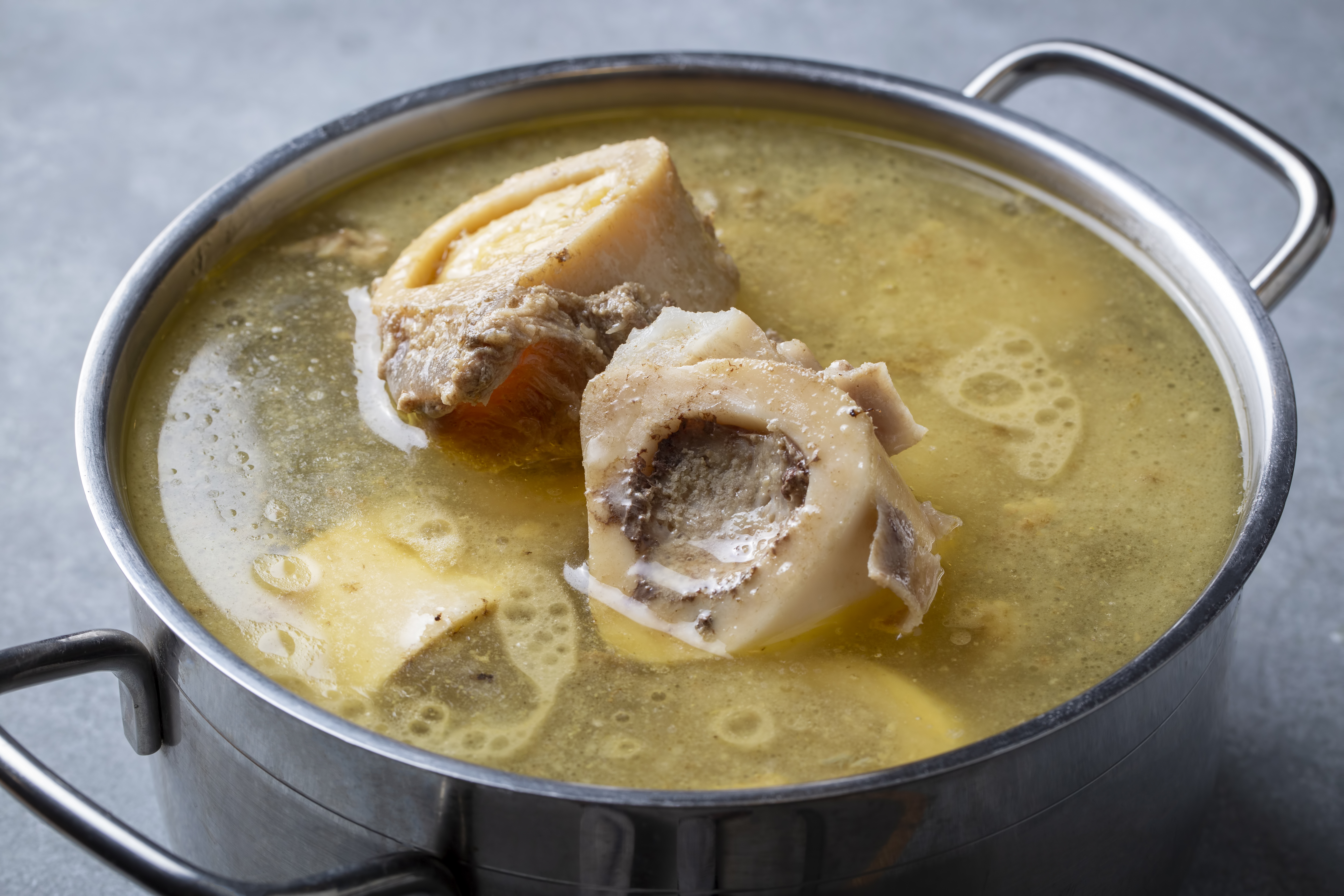
Bone broth has gained popularity in recent years for its gut-healing properties. It is made by simmering animal bones and connective tissues, which releases nutrients like collagen, gelatin, and amino acids into the broth. These nutrients are known to support gut health by repairing the intestinal lining and reducing inflammation. Collagen, in particular, is a protein that helps maintain the integrity of the gut lining, while gelatin supports digestive health by attracting and holding liquids, which helps move food through the digestive tract. Additionally, bone broth is rich in glutamine, an amino acid that supports the growth and repair of the intestinal lining. Drinking bone broth regularly can help soothe the gut, reduce inflammation, and promote overall digestive health.
5. The Power of Fiber: A Gut’s Best Friend
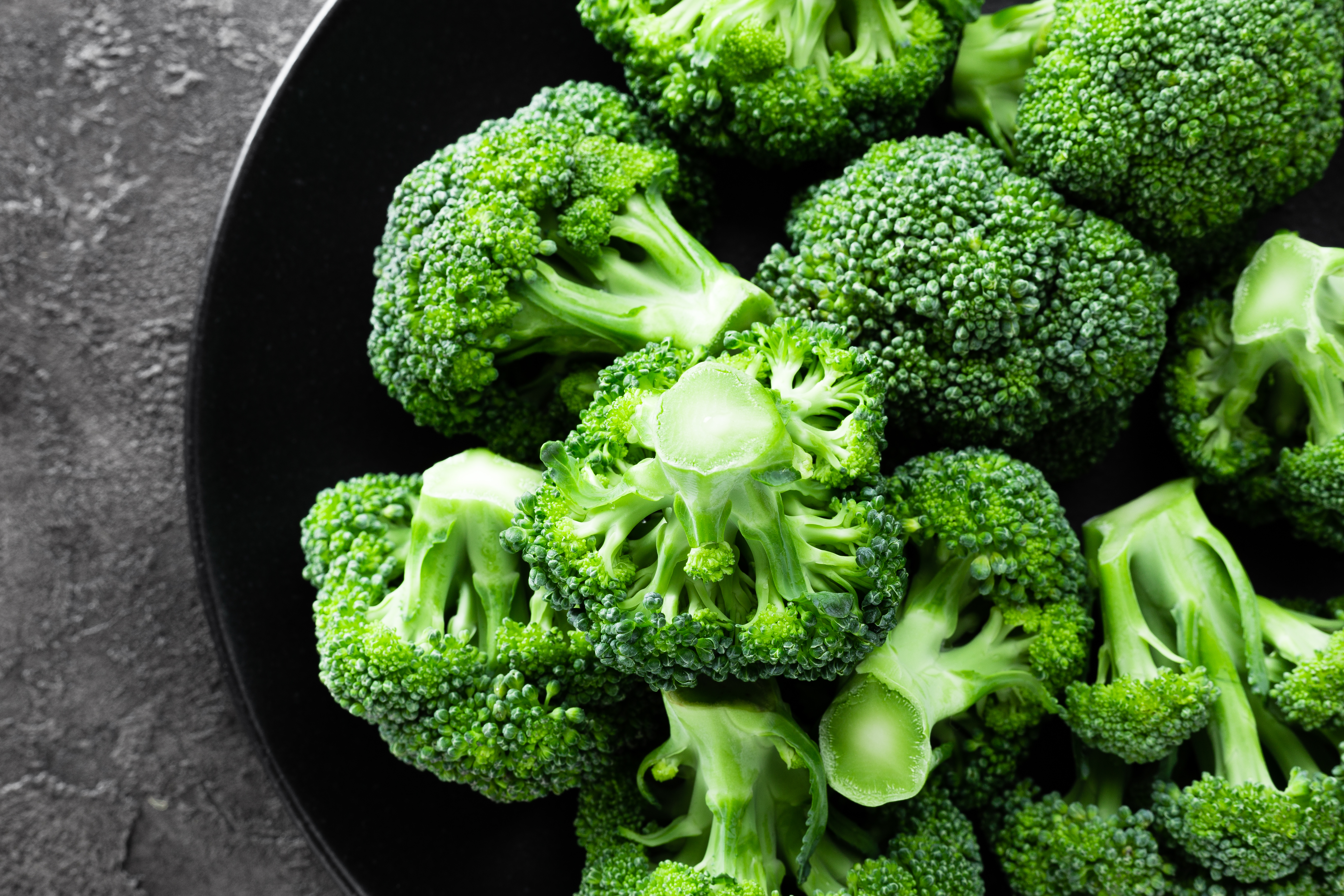
Dietary fiber is essential for maintaining a healthy gut. It adds bulk to the stool, helps regulate bowel movements, and feeds the beneficial bacteria in your gut. Foods high in fiber include fruits, vegetables, whole grains, and legumes. Apples, pears, and berries are rich in soluble fiber, which helps slow digestion and regulate blood sugar levels. Vegetables like broccoli, Brussels sprouts, and carrots are high in insoluble fiber, which adds bulk to the stool and promotes regular bowel movements. Whole grains like oats, quinoa, and brown rice are also excellent sources of fiber and can help support gut health. By including a variety of fiber-rich foods in your diet, you can support the growth of beneficial bacteria, improve digestion, and enhance overall gut health.
6. Omega-3 Fatty Acids: Anti-Inflammatory Allies
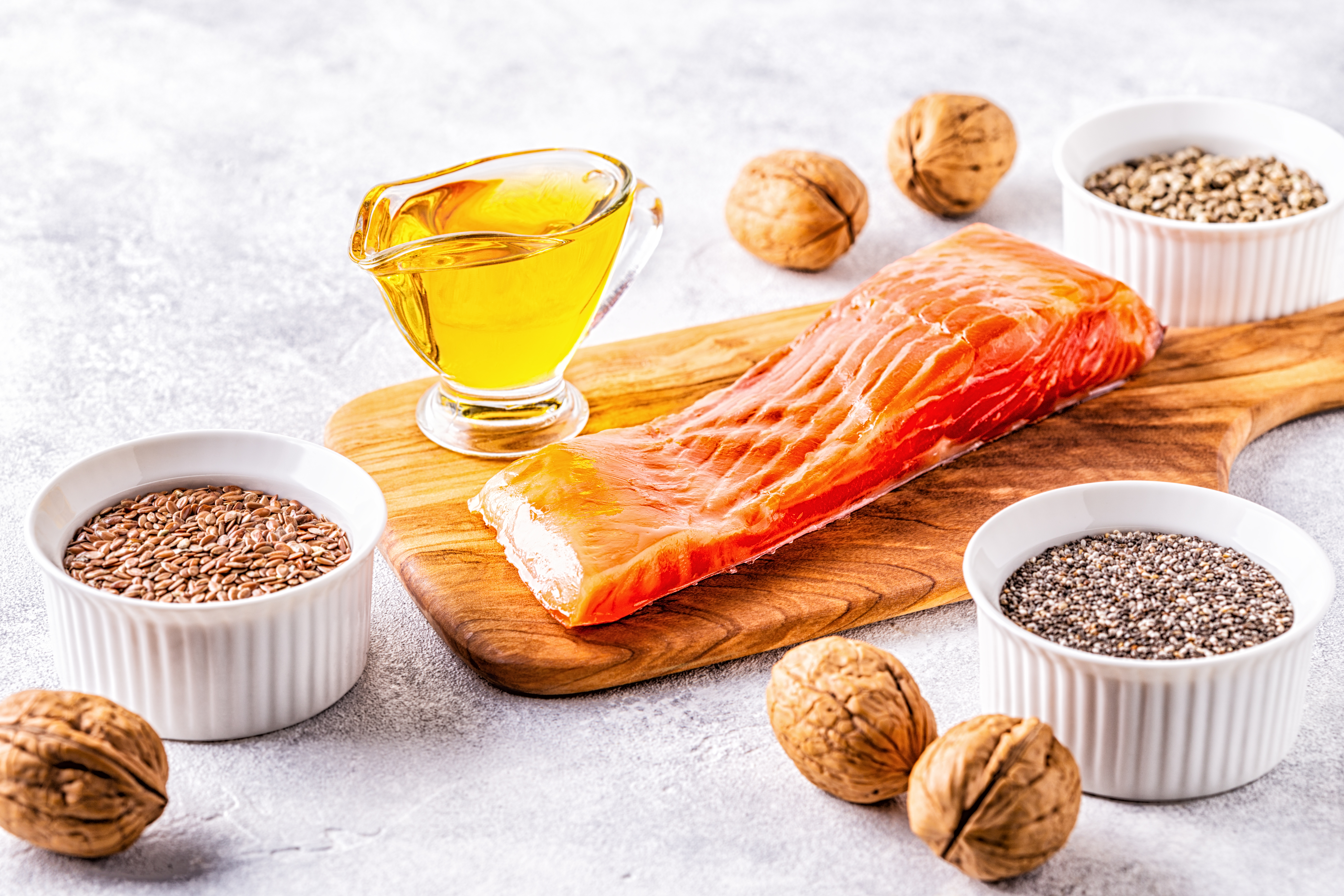
Omega-3 fatty acids are known for their anti-inflammatory properties and can play a significant role in maintaining gut health. These essential fats are found in fatty fish like salmon, mackerel, and sardines, as well as in flaxseeds, chia seeds, and walnuts. Omega-3 fatty acids help reduce inflammation in the gut, which can improve symptoms of inflammatory bowel diseases and other digestive disorders. They also support the integrity of the gut lining and promote the growth of beneficial bacteria. Including omega-3-rich foods in your diet can help reduce inflammation, support gut health, and improve overall well-being.
7. The Role of Polyphenols in Gut Health

Polyphenols are natural compounds found in plant foods that have been shown to benefit gut health. They act as antioxidants, reducing oxidative stress and inflammation in the gut. Foods rich in polyphenols include berries, dark chocolate, green tea, and red wine. Berries, such as blueberries and raspberries, are particularly high in polyphenols and can help promote the growth of beneficial bacteria in the gut. Dark chocolate, with its high cocoa content, is another excellent source of polyphenols and can support gut health. Green tea and red wine, when consumed in moderation, also provide polyphenols that can benefit the gut. Including a variety of polyphenol-rich foods in your diet can help reduce inflammation, support gut health, and improve overall health.
8. The Importance of Hydration for Gut Health

Staying hydrated is crucial for maintaining a healthy gut. Water is essential for digestion, as it helps break down food and move it through the digestive tract. It also helps maintain the mucosal lining of the intestines, which is important for nutrient absorption and gut health. Drinking enough water throughout the day can help prevent constipation, support digestion, and promote overall gut health. In addition to water, herbal teas and broths can also contribute to your daily fluid intake. By staying hydrated, you can support your gut health, improve digestion, and enhance overall well-being.
9. The Role of Spices in Gut Health
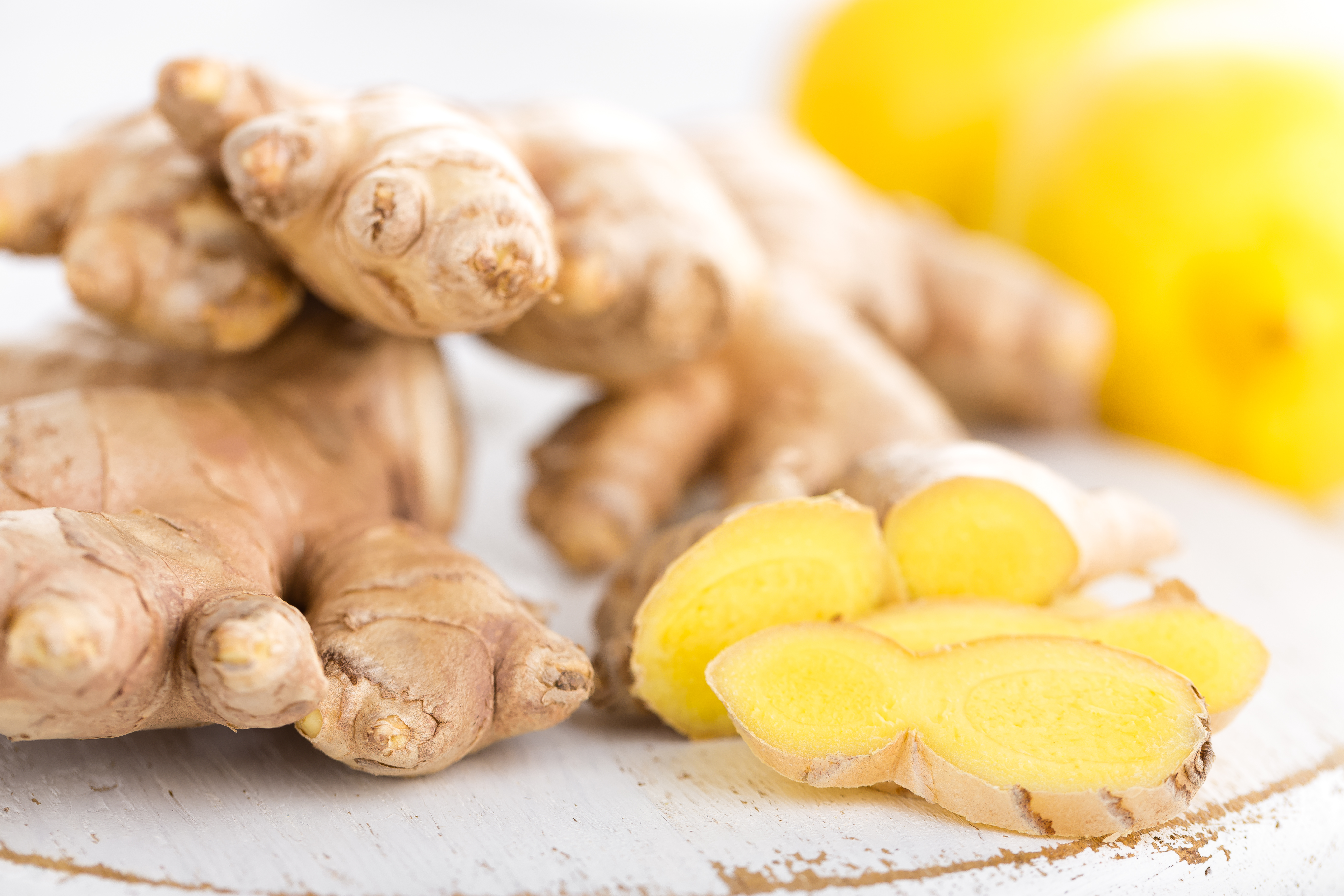
Spices not only add flavor to your meals but also offer numerous health benefits, including support for gut health. Turmeric, ginger, and cinnamon are particularly known for their anti-inflammatory and digestive properties. Turmeric contains curcumin, a compound that has been shown to reduce inflammation and support gut health. Ginger is known for its ability to soothe the digestive tract and reduce nausea and bloating. Cinnamon can help regulate blood sugar levels and support digestion. Including a variety of spices in your diet can enhance the flavor of your meals while also supporting your gut health and overall well-being.
10. The Impact of Stress on Gut Health

Stress can have a significant impact on gut health, as it can disrupt the balance of bacteria in the gut and lead to digestive issues. The gut-brain axis, a bidirectional communication system between the gut and the brain, plays a crucial role in this process. When you are stressed, your body releases stress hormones that can affect gut motility and increase inflammation. This can lead to symptoms such as bloating, diarrhea, and constipation. Managing stress through practices such as meditation, yoga, and deep breathing can help reduce its impact on gut health. By incorporating stress-reducing techniques into your daily routine, you can support your gut health and improve your overall well-being.
11. The Connection Between Sleep and Gut Health

Sleep is essential for overall health, and it plays a crucial role in maintaining a healthy gut. During sleep, the body undergoes repair and restoration processes that are important for gut health. Poor sleep can disrupt the balance of bacteria in the gut and lead to digestive issues. Studies have shown that people who get enough quality sleep have a more diverse gut microbiome, which is associated with better health outcomes. Establishing a regular sleep routine and creating a relaxing bedtime environment can help improve sleep quality and support gut health. By prioritizing sleep, you can enhance your gut health and improve your overall well-being.
12. Personalized Nutrition: Tailoring Your Diet for Optimal Gut Health

Everyone's gut is unique, and what works for one person may not work for another. Personalized nutrition involves tailoring your diet to meet your specific needs and goals. This can involve working with a healthcare professional to identify any food sensitivities or intolerances and making dietary changes to support gut health. It can also involve tracking your food intake and symptoms to identify any patterns or triggers. By taking a personalized approach to nutrition, you can support your gut health and improve your overall well-being.
Embracing a Gut-Healthy Lifestyle

Restoring gut health after antibiotics is a journey that involves making conscious dietary choices and lifestyle changes. By incorporating gut-healing foods such as probiotics, prebiotics, fermented foods, and fiber-rich foods into your diet, you can support the growth of beneficial bacteria and improve digestion. Additionally, staying hydrated, managing stress, and prioritizing sleep are essential for maintaining a healthy gut. By embracing a gut-healthy lifestyle, you can restore your inner harmony and improve your overall health. Remember, the journey to optimal gut health is personal and may require some trial and error to find what works best for you.
